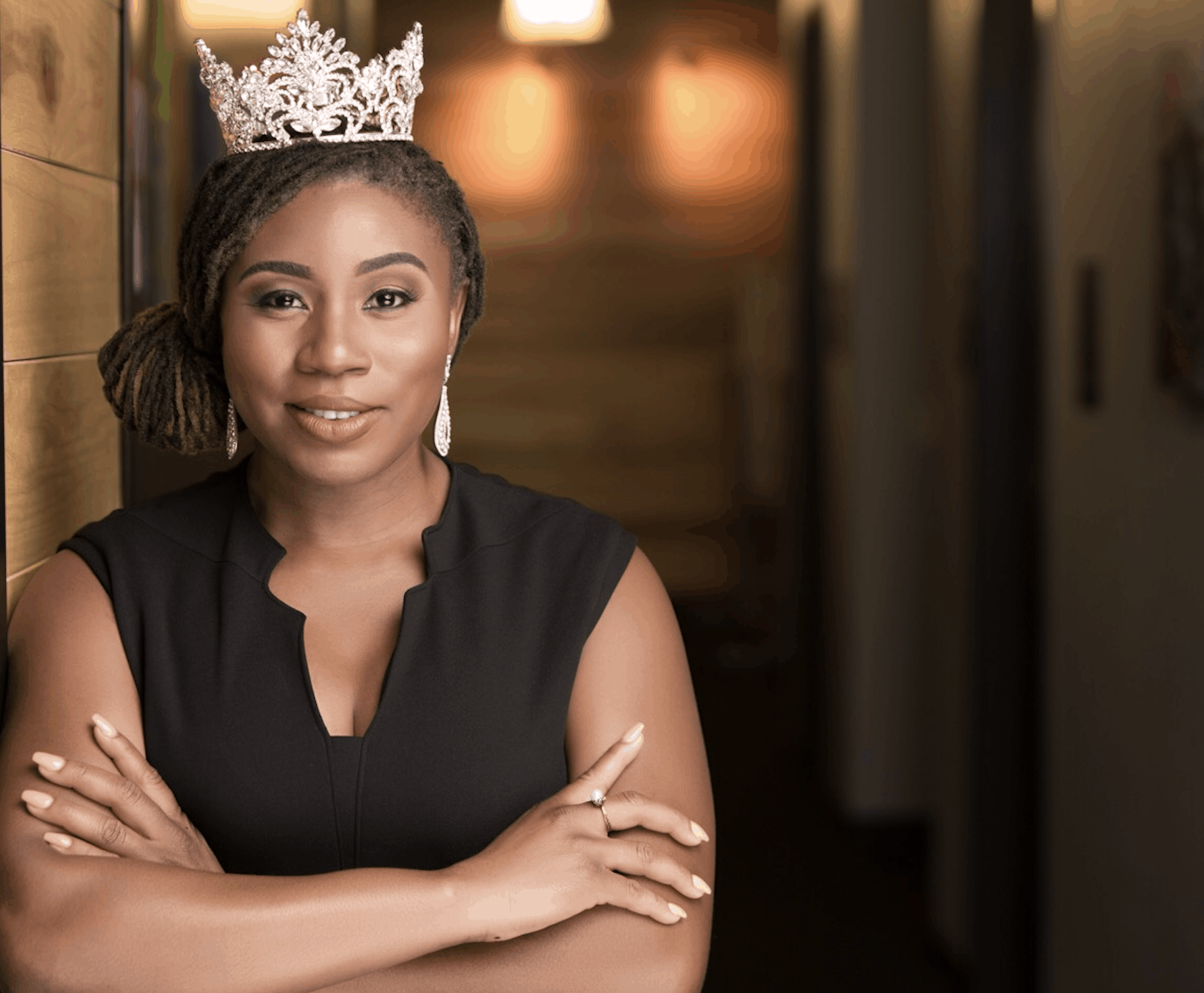
Redefining the Crown
Before I decided to lock my hair, I received “the talk” from a few individuals I love whom I deem as successful. They wanted me to strongly reconsider “going natural” or eventually “locking my hair,” as this step is viewed as permanent.
They shared the challenges they faced even without having natural or locked hair. Their intentions were to spare me from unfair treatment in the workplace, i.e., Corporate America. Honestly, I pondered tirelessly whether I should lock my hair. Feeling a tad uncertain, I wrestled with the idea for months. I didn’t want to be prejudged as “ghetto” or “hood” (although I’m a twinge country) due to my hair.
I thought, Will opportunities be limited for me? Will I not be accepted into certain circles of influence? Will I eventually have to cut my locks to maintain a specific image?
Granted, I understand there’s a negative stigma attached to locks or dreadlocks, whether seen in media or everyday life. I also understand that locks are grown for various reasons; some for religious purposes and others for empowerment, but I simply just like them. My hair is the healthiest it has ever been in this natural state and has grown the longest in this locked form.
But for it to be mentally resolved that all Black people with locks are “hood” is like me believing all Hispanics are loud, all Caucasians are rich, or all Asians like rice. It’s simply ignorant.
Generalization and ignorance hurt and must be dispelled. Yes, I am a woman. Yes, I am Black. No, I am not ghetto. Yes, this is my “real” hair. And most importantly, yes, I am human.
Many preconceived notions we have of another race or ethnicity have been embedded in us since we entered the world. Hence, our lives and decisions have been unconsciously shaped or molded on these false pretenses. Plus, they’re being passed down from generation to generation. It’s hindering progress, it’s hindering promotion, and most importantly, it’s hindering purposeful relationships from being formed.
A few years ago, I went to my dentist for a routine teeth cleaning. The dental hygienist was amazed by my hair! It was in spiral curls. She touched it and asked a plethora of questions.
I explained, “My hair is in a natural state with no chemicals to make it straight.” I continued by telling her my natural hair was formed into locks by simply twisting it from the root as it grew. In most cases, when you see minorities or Black women with bone-straight hair (not referencing weaves or extensions), it’s the result of a product we use called a relaxer or a perm. While perms make your hair curly, the perm or relaxer cream we use makes our hair straight. Our hair texture is naturally coiled or curly. Based on the hair type, our curls are tight or loose. Those ringlets form Afros.
“Wow, that’s interesting!” the dental hygienist responded.
It all started with a little dialogue. Finally, I realized that I’m just fine, and I certainly do not dread my dreads.
With this hair, I’ve been graced to accomplish in 32 years what some may take a lifetime to reach. With this hair, I’ve been able to publish two spoken-word albums and two books. With this hair, I’ve contracted with talent agencies as a print model. With this hair, I’ve launched businesses and an organization. With this hair, I’ve positively impacted my local community. Now with this hair, I reign as Ms. Corporate America 2019.
In the words of India.Arie, “I am not my hair,” but my hair is still a part of me!











5 comments to "Redefining the Crown"